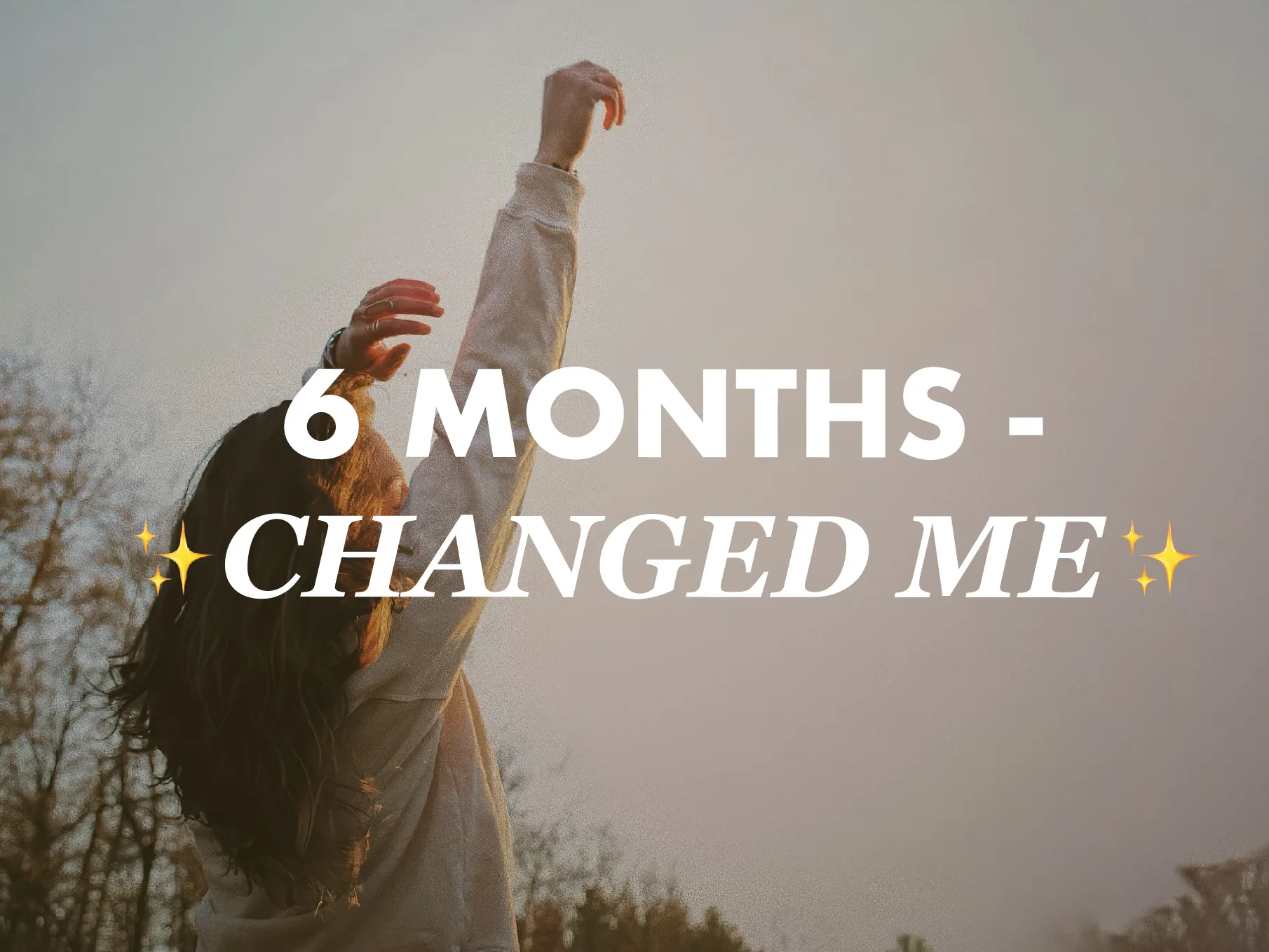My 6 Month Plan to Become the Best Version of Myself
Sometimes, you hit a point where you realize you’re living on autopilot. You go to work, scroll on your phone, hang out with friends when you can, and the days just… blend. That’s where I was six months ago — frustrated with how I felt physically, mentally, and emotionally. I wasn’t unhappy exactly, but I wasn’t excited about my life either. And that scared me.
I’ve never been the kind of person who can overhaul my entire life in a week. So instead of setting massive, overwhelming goals, I decided to create a 6 month self improvement plan — one that felt realistic but still challenging. My goal was simple: show up every day in small, intentional ways that would push me toward the best version of myself without burning out.
This is the plan I created for myself. It’s not perfect, and it’s still evolving, but it’s been the most grounding and motivating thing I’ve done in years.
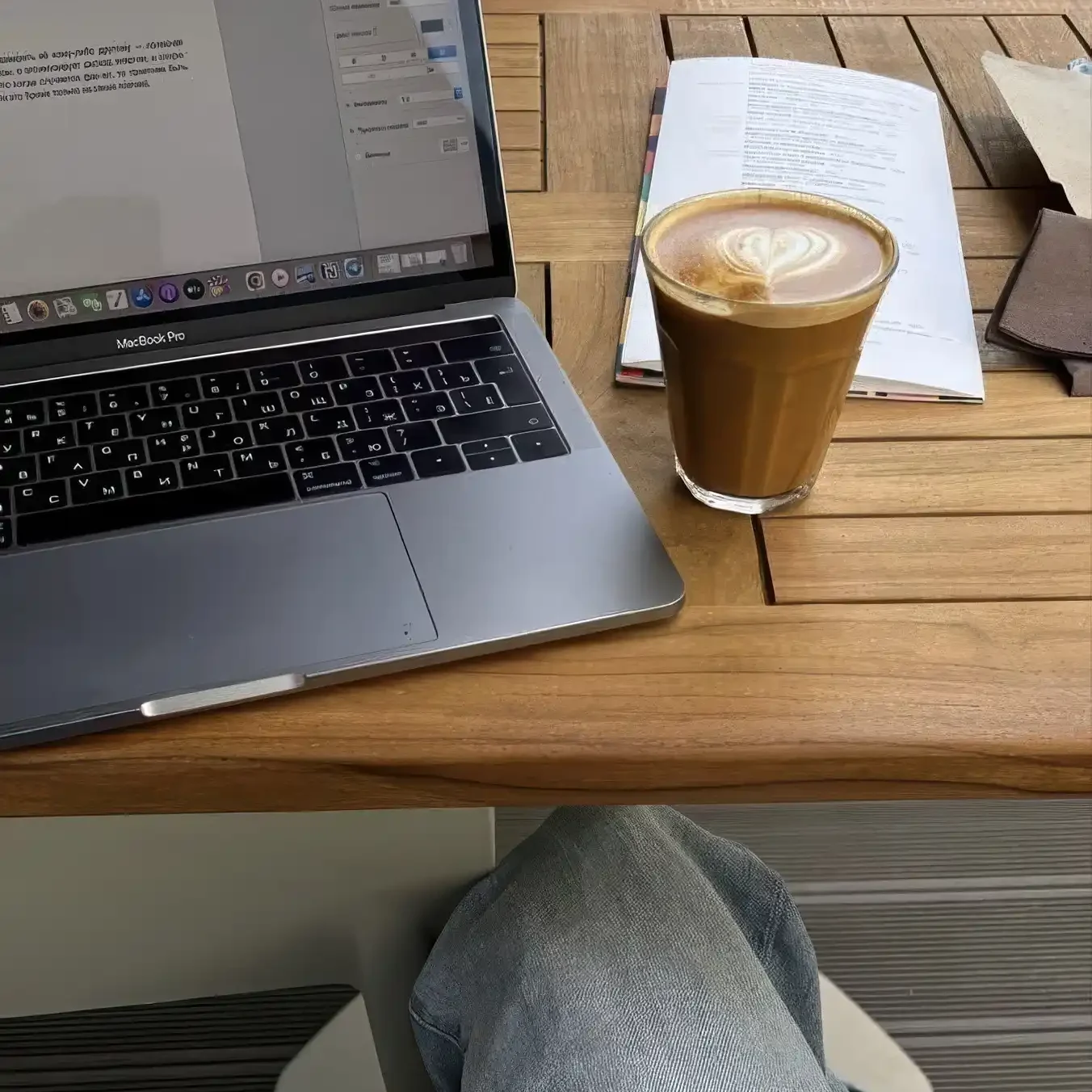
Month 1: Setting My Baseline and Building Awareness
I didn’t start by running marathons or overhauling my diet. I started by paying attention. I wanted to know exactly where I was starting from — physically, emotionally, and mentally.
That meant:
- Tracking my daily habits without changing them
- Noting my energy levels throughout the day
- Writing down how I felt after certain activities (like scrolling TikTok vs. going for a walk)
- Observing what triggered stress or low mood
One of the most eye-opening things was realizing how reactive my days were. I wasn’t choosing my activities — I was just responding to whatever came up.
I remember one Saturday where I woke up late, told myself I’d “get a few things done,” and somehow ended up spending the whole afternoon flipping between cleaning the kitchen, checking emails, and watching random videos. Nothing got fully done, and the day just slipped away without me even noticing.
In month one, my only “goal” was to notice patterns. And honestly, that awareness alone started to shift my choices.
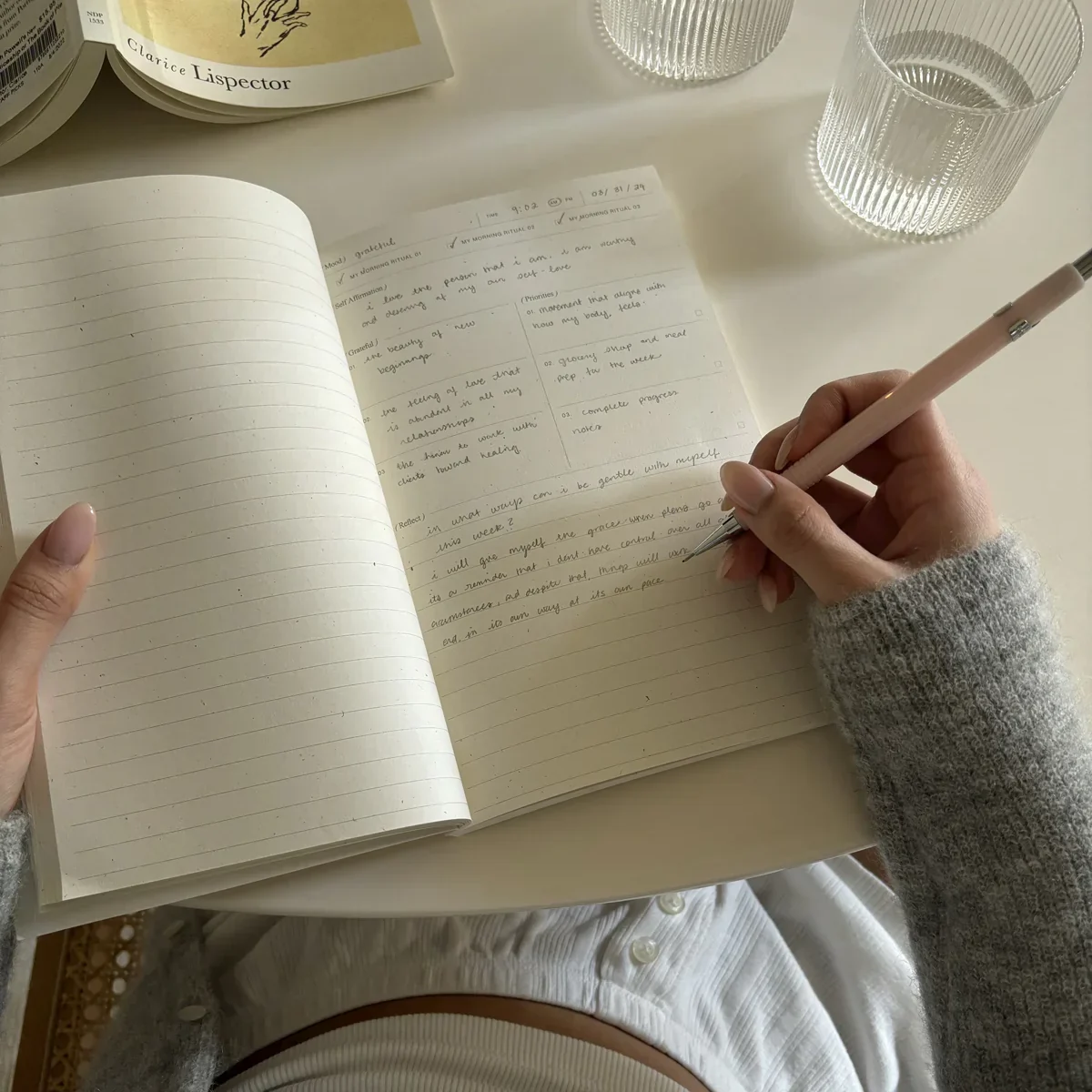
Month 2: Creating a Simple Morning & Evening Routine
Once I understood my baseline, I could start building structure. I didn’t want to become one of those people with a five-hour morning routine and 47 steps before breakfast — I just needed something that would give my day a clear start and end.
Morning basics:
- Get out of bed without my phone
- Drink water before coffee
- 5 minutes of stretching or movement
- Write down 3 intentions for the day
Evening basics:
- 10 minutes of light tidying
- No screens 30 minutes before bed
- Read a few pages of a book
It’s small, but it made a huge difference. I noticed my days felt less scattered when I began and ended them on purpose.
Month 3: Building Better Habits Around Movement
By month three, I had enough stability to start focusing on physical health. I’ve never been consistent with exercise, so I kept my expectations realistic: 20–30 minutes of movement, four days a week.
What worked for me was variety — some days it was yoga, other days a walk outside, and once a week I’d do a more intense strength workout. I didn’t label it “fitness” or “training” — I thought of it as moving my body.
One of the unexpected benefits? I started sleeping better and my mood stabilized. Movement wasn’t just about looking better — it became a mental health tool.
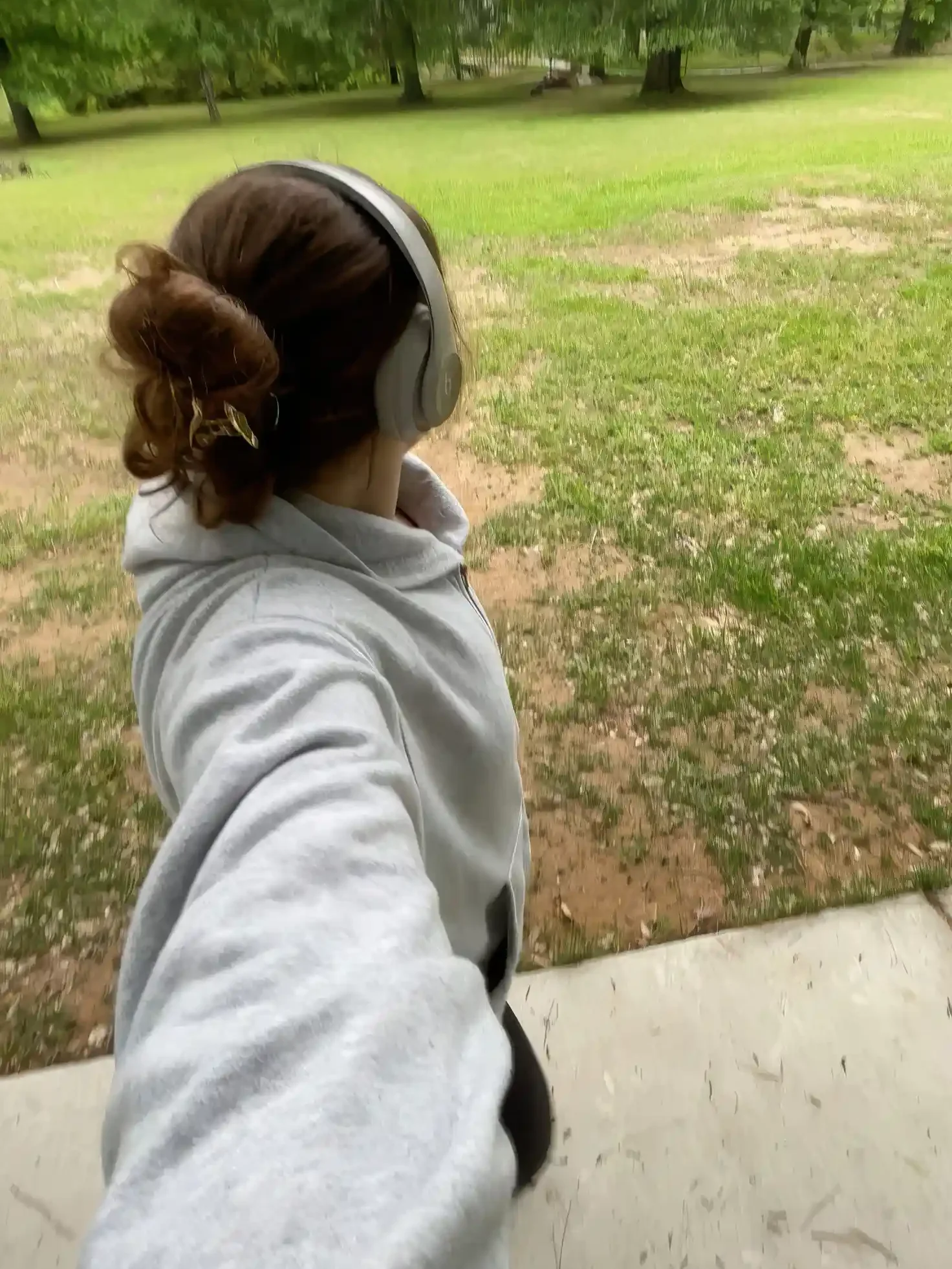
Month 4: Upgrading My Mindset and Self-Talk
It didn’t matter how much I moved my body or organized my mornings — if I still talked to myself like a critic, progress would feel empty.
So, I started small:
- Noticing when I used negative language about myself
- Reframing it into something neutral or compassionate
- Writing down 1–2 things I was proud of each day (even if it was just “I cooked instead of ordering takeout”)
This wasn’t about toxic positivity. Some days, my “proud moment” was just getting through work without snapping at anyone. But over time, my inner dialogue softened.
Month 5: Deepening My Connections
Self-improvement can become very self-focused if you’re not careful. By month five, I realized I didn’t want to just improve myself — I wanted to improve my relationships, too.
I made small changes:
- Sending one thoughtful message to a friend each week
- Scheduling one in-person coffee or walk with someone I care about
- Actually telling people when I appreciated them
It’s funny — these tiny acts did more for my happiness than almost anything else. You can’t become the best version of yourself in isolation.

Month 6: Taking a Hard Look at Distractions
IIn the final month of my plan, I turned to the thing that was eating the most of my time: my phone. I didn’t do a full detox, but I started:
- Tracking my screen time
- Deleting apps I used mindlessly
- Setting one no-phone block each day (usually in the morning)
The result? More time for the habits I’d been building over the past five months — and less mental clutter.
By the end of the month, though, I realized even these limits weren’t enough for me. Seeing how much time and energy social media still took from my day, I decided to quit it entirely. Not a short break — I permanently deleted my accounts. It’s not a choice I think everyone has to make, but I do think it’s worth considering. For me, it was the single most freeing decision in my whole self improvement journey.

What I Learned from My 6 Month Self Improvement Plan
Looking back, the biggest thing I learned is that self-improvement isn’t about intensity — it’s about consistency. There were no “perfect” weeks, but I kept showing up, even if that meant doing the bare minimum on tough days.
Two things made the biggest difference for me:
- Stacking changes slowly. Each month built on the last, so nothing felt overwhelming.
- Being flexible. If something stopped working, I adjusted instead of quitting.
And maybe most importantly — becoming the best version of myself wasn’t about reaching a specific weight, income, or milestone. It was about building a version of my life I actually enjoy living in.
If I were starting again tomorrow, I’d still follow the same approach — slow, steady, and personal. You can’t copy someone else’s routine exactly and expect it to feel right. The magic happens when you pay attention to what actually matters to you.
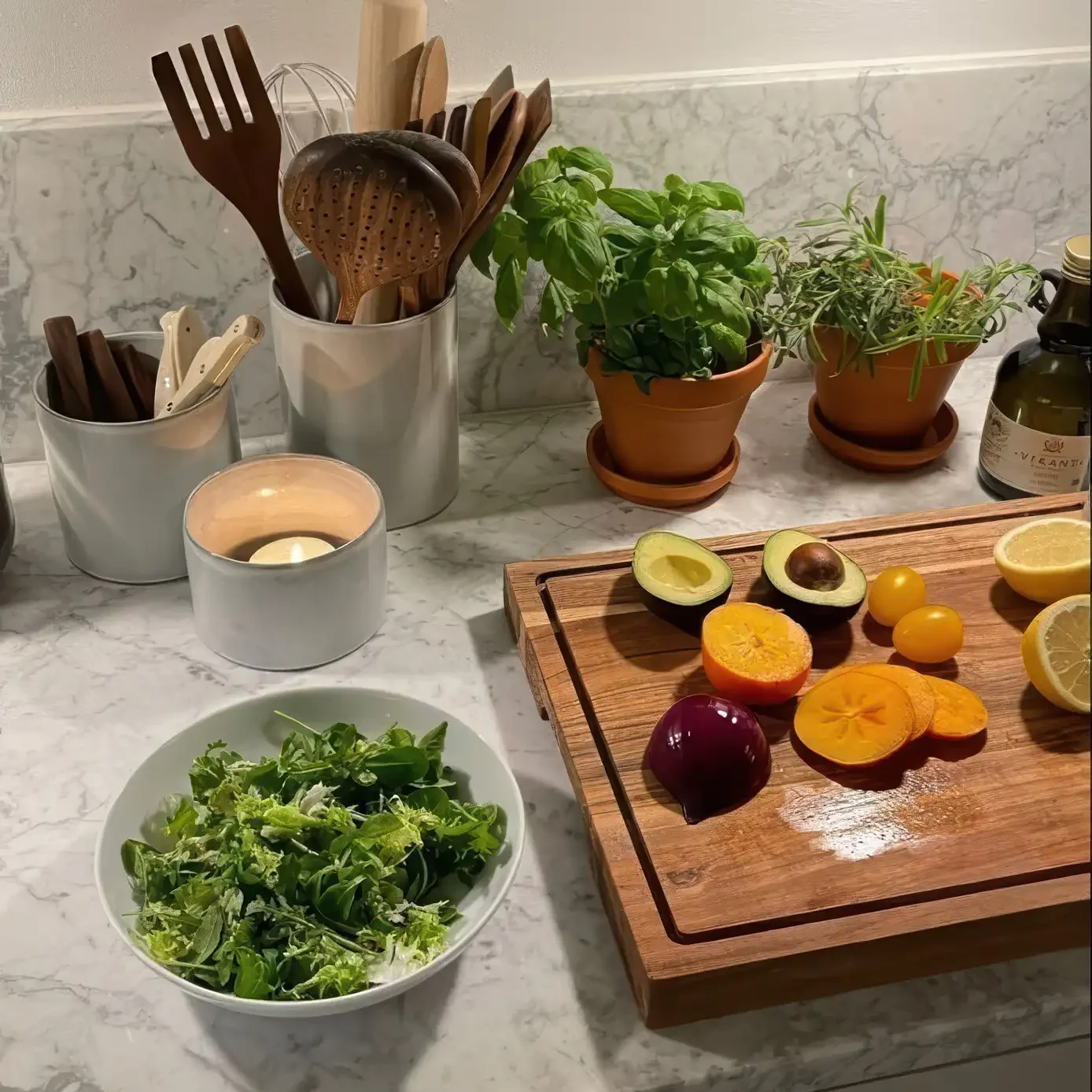
One thing I didn’t talk about here is proper nutrition and hydration — not because it’s unimportant, but because I already had a solid routine in place before I began this plan. Eating balanced meals and drinking enough water were habits I’d built years ago, so they weren’t a focus during these six months. But if that’s an area you struggle with, I’d definitely include it in your own “better me” plan from the start. It will make every other change feel easier.

